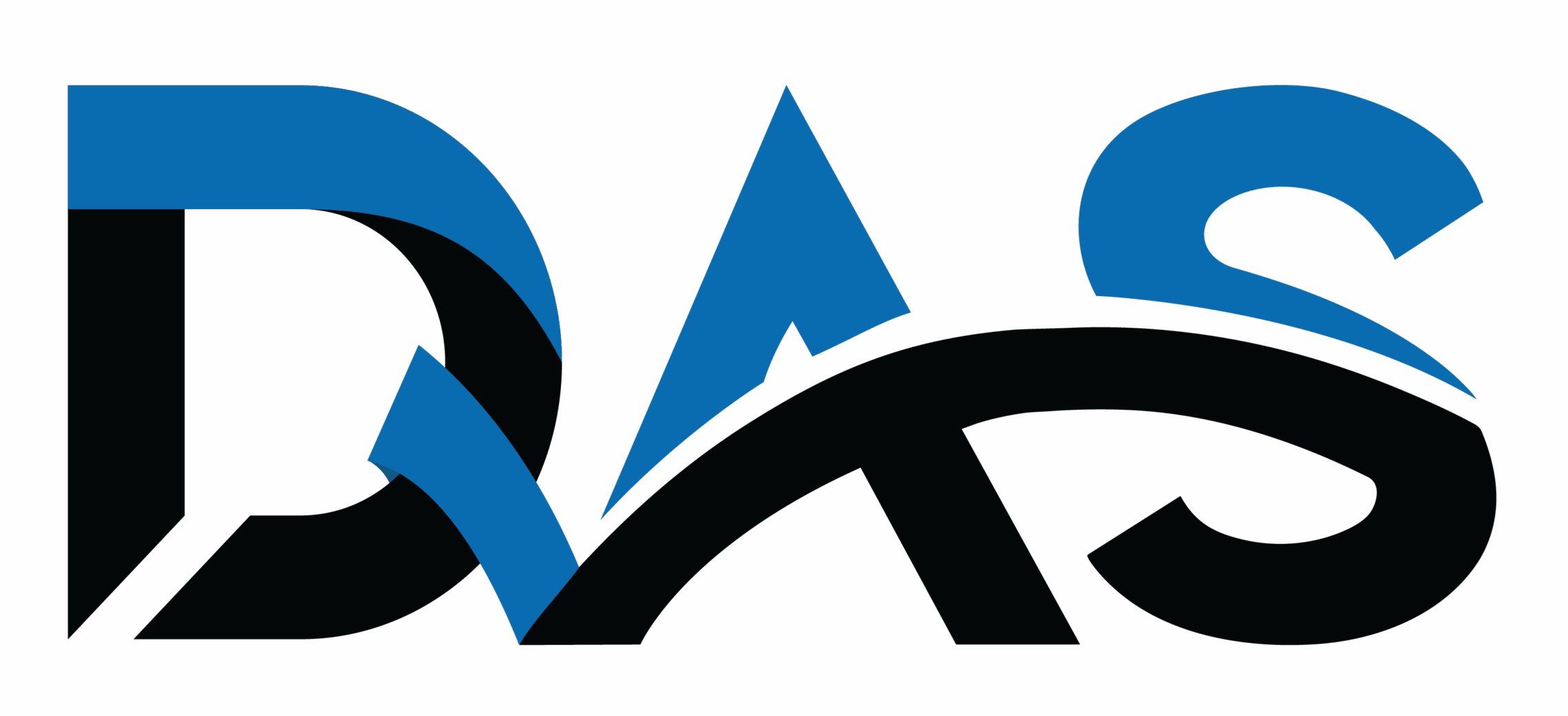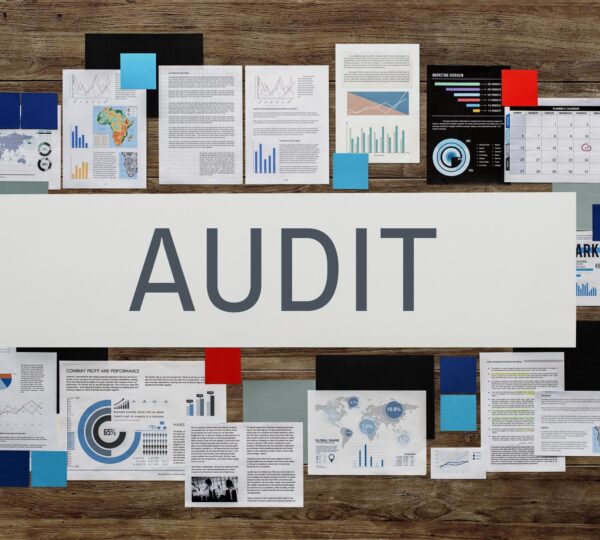- info@dasglobal.co.uk
- +44 735 6252644
- Home
- About Us
- Services
- Certification
- ISO 45001 OHSMS
- ISO 9001 Quality Certification
- ISO 14001:2015 EMS
- ISO 27001:2022 ISMS
- ISO/TS 16949:2016 Automotive
- ISO 20000-1:2018 IT Services
- 5S, 6S, 7S Certification
- ISO 22301:2019 BCMS
- ISO 50001:2018 Energy Management Systems
- ISO 31000:2018 Risk Management
- ISO 13485:2016 Medical Devices-QMS
- ISO 21001:2018 EOMS
- ISO 37001:2016 ABMS
- ISO 27701:2019 Privacy Management Systems
- ISO 42001:2023 Artificial Intelligence Management System
- ISO 28000 Supply Chain Security Management
- Training
- Certification
- Accreditation
- Contact
- Open Hours: Mon - Fri 09:00am - 05:00pm (BST)
- info@dasglobal.co.uk
- Home
- About Us
- Services
- Certification
- ISO 45001 OHSMS
- ISO 9001 Quality Certification
- ISO 14001:2015 EMS
- ISO 27001:2022 ISMS
- ISO/TS 16949:2016 Automotive
- ISO 20000-1:2018 IT Services
- 5S, 6S, 7S Certification
- ISO 22301:2019 BCMS
- ISO 50001:2018 Energy Management Systems
- ISO 31000:2018 Risk Management
- ISO 13485:2016 Medical Devices-QMS
- ISO 21001:2018 EOMS
- ISO 37001:2016 ABMS
- ISO 27701:2019 Privacy Management Systems
- ISO 42001:2023 Artificial Intelligence Management System
- ISO 28000 Supply Chain Security Management
- Training
- Certification
- Accreditation
- Contact
Retail Audits Assurance
Retail Auditing
Retail Auditing involves a systematic evaluation of retail outlets to assess compliance with brand standards, operational procedures, regulatory requirements, and customer expectations. It helps retailers and brands understand in-store performance, identify issues, and drive improvements.
Retail audits can be performed on individual stores, chain outlets, franchises, or even third-party retailers selling a brand’s products.



Types of Retail Audits
- Brand Compliance Audit
- Ensures adherence to brand standards (e.g., signage, displays, pricing). Retail audits are essential tools for assessing and enhancing retail performance, compliance, and customer experience. The main types of retail audits include store audits, merchandising audits, price audits, inventory audits, promotional compliance audits, and mystery shopping audits. These audits help identify discrepancies in product display, pricing accuracy, stock availability, brand representation, and adherence to corporate standards. DAS offers comprehensive capabilities in retail auditing, leveraging systematic methodologies and trained auditors to deliver accurate, actionable insights. DAS conducts both scheduled and surprise audits using digital tools for data collection and real-time reporting. With its expertise, DAS helps retail businesses ensure consistency, optimize operations, enhance compliance with regulatory and brand standards, and ultimately improve customer satisfaction and profitability.
Operational Audit
Evaluates store operations, including staff behavior, cleanliness, inventory handling, and process efficiency. Operational audits are in-depth evaluations of an organization’s internal processes, systems, and procedures aimed at assessing efficiency, effectiveness, and compliance with established policies. Unlike financial audits, which focus solely on financial records, operational audits examine the day-to-day activities and resource utilization across departments to identify areas of improvement, cost savings, and risk mitigation. These audits help uncover inefficiencies, process bottlenecks, and control weaknesses that may hinder organizational performance. By providing objective and data-driven insights, operational audits support strategic decision-making, promote continual improvement, and ensure that business operations align with organizational goals and regulatory requirements.
Merchandising Audit
Checks product placement, availability, display quality, and promotional materials. A merchandising audit is a specialized evaluation process that assesses how products are presented and promoted at retail locations, ensuring alignment with brand guidelines, planograms, and promotional strategies. This audit covers aspects such as product placement, shelf visibility, stock availability, pricing accuracy, promotional material display, and competitor comparisons. Merchandising audits help retailers and brands maintain consistency, enhance visual appeal, and optimize the customer shopping experience. They also identify gaps such as out-of-stock items, incorrect signage, or non-compliance with promotional campaigns. By conducting regular merchandising audits, businesses can drive sales performance, strengthen brand image, and make informed decisions to improve in-store execution and operational efficiency.
Pricing Audit
Verifies correct pricing and discount implementation across different store locations. A pricing audit is a critical process that verifies the accuracy and consistency of product pricing across retail outlets, ensuring alignment with the company’s pricing strategy and regulatory requirements. This audit involves checking displayed prices against system records, promotional pricing accuracy, competitor pricing comparisons, and adherence to advertised discounts. Pricing audits help identify discrepancies that can lead to customer dissatisfaction, revenue loss, or legal issues due to pricing errors or non-compliance. By conducting regular pricing audits, businesses can ensure transparency, maintain customer trust, prevent financial inconsistencies, and make strategic pricing decisions that support profitability and competitive positioning in the market.
Inventory Audit
- Confirms accuracy of stock levels, shrinkage, and inventory turnover.
- Competitor Audit (Mystery Shopping)
- Gathers intelligence on competitor offerings, pricing, and customer service quality.
- Health, Safety & Hygiene Audit
- Assesses cleanliness, sanitation, employee hygiene, and safety procedures (especially in food retail).
- Customer Experience Audit
- Evaluates customer service, complaint handling, staff interaction, and overall shopping experience.
- Brand Compliance Audit
- Ensures adherence to brand standards (e.g., signage, displays, pricing). Retail audits are essential tools for assessing and enhancing retail performance, compliance, and customer experience. The main types of retail audits include store audits, merchandising audits, price audits, inventory audits, promotional compliance audits, and mystery shopping audits. These audits help identify discrepancies in product display, pricing accuracy, stock availability, brand representation, and adherence to corporate standards. DAS offers comprehensive capabilities in retail auditing, leveraging systematic methodologies and trained auditors to deliver accurate, actionable insights. DAS conducts both scheduled and surprise audits using digital tools for data collection and real-time reporting. With its expertise, DAS helps retail businesses ensure consistency, optimize operations, enhance compliance with regulatory and brand standards, and ultimately improve customer satisfaction and profitability.
Operational Audit
Evaluates store operations, including staff behavior, cleanliness, inventory handling, and process efficiency. Operational audits are in-depth evaluations of an organization’s internal processes, systems, and procedures aimed at assessing efficiency, effectiveness, and compliance with established policies. Unlike financial audits, which focus solely on financial records, operational audits examine the day-to-day activities and resource utilization across departments to identify areas of improvement, cost savings, and risk mitigation. These audits help uncover inefficiencies, process bottlenecks, and control weaknesses that may hinder organizational performance. By providing objective and data-driven insights, operational audits support strategic decision-making, promote continual improvement, and ensure that business operations align with organizational goals and regulatory requirements.
Merchandising Audit
Checks product placement, availability, display quality, and promotional materials.
Pricing Audit
Verifies correct pricing and discount implementation across different store locations. A pricing audit is a critical process that verifies the accuracy and consistency of product pricing across retail outlets, ensuring alignment with the company’s pricing strategy and regulatory requirements. This audit involves checking displayed prices against system records, promotional pricing accuracy, competitor pricing comparisons, and adherence to advertised discounts. Pricing audits help identify discrepancies that can lead to customer dissatisfaction, revenue loss, or legal issues due to pricing errors or non-compliance. By conducting regular pricing audits, businesses can ensure transparency, maintain customer trust, prevent financial inconsistencies, and make strategic pricing decisions that support profitability and competitive positioning in the market.
Inventory Audit
- Confirms accuracy of stock levels, shrinkage, and inventory turnover.
- Competitor Audit (Mystery Shopping)
- Gathers intelligence on competitor offerings, pricing, and customer service quality.
- Health, Safety & Hygiene Audit
- Assesses cleanliness, sanitation, employee hygiene, and safety procedures (especially in food retail).
- Customer Experience Audit
- Evaluates customer service, complaint handling, staff interaction, and overall shopping experience.
Requirements of Retail Audits
To conduct an effective retail audit, the following are required:
u Clear audit objectives and scope
u Standardized checklists tailored to business type and brand requirements
u Trained auditors or inspectors with relevant industry knowledge
u Data collection tools (manual or digital)
u Photographic evidence (where applicable)
u Report templates and non-conformance tracking
u Corrective action mechanisms
u Audit frequency plan (monthly, quarterly, etc.)
How DAS Global Can Help in Retail Auditing
DAS Global Limited can offer comprehensive third-party retail auditing services including:
Independent Retail Store Audits
Conduct unbiased audits for compliance with brand, operational, safety, or merchandising standards. Use standardized or customized audit checklists for specific business needs. An independent store retail audit is a comprehensive evaluation conducted at standalone or individually owned retail outlets to assess compliance with brand standards, operational efficiency, product availability, pricing accuracy, and overall store presentation. Unlike audits in chain or franchised stores, independent store audits often reveal unique challenges such as inconsistent merchandising, varied pricing practices, or differing levels of staff training. These audits provide valuable insights into how products are represented, how promotions are executed, and how customer experiences vary across locations. DAS offers specialized independent store retail audits to help brands maintain consistency, identify market-specific trends, and support independent retailers in aligning with corporate expectations, ultimately enhancing brand visibility and retail performance.
Mystery Shopping Programs
DAS can deploy trained mystery shoppers to provide insights into real customer experiences. A Mystery Shopping Program is a strategic tool used by businesses to evaluate the quality of customer service, staff behavior, store environment, and compliance with company standards from the perspective of a typical customer. In this program, trained mystery shoppers visit retail locations anonymously to observe and report on various aspects such as employee interaction, product knowledge, cleanliness, service speed, and adherence to promotional or operational protocols. This real-time, unbiased feedback helps businesses identify strengths, pinpoint areas for improvement, and ensure consistent customer experiences across all locations. DAS provides tailored Mystery Shopping Programs that support clients in monitoring service quality, enhancing brand reputation, and driving performance improvements through detailed and actionable insights.
Retail Process & Compliance Audits
Verify adherence to internal SOPs, pricing structures, promotions, and sales procedures. A Retail Process and Compliance Audit is a systematic review of a retail outlet’s operational procedures, policies, and adherence to regulatory and corporate standards. This audit assesses key retail functions such as inventory management, billing accuracy, customer service protocols, safety practices, staff compliance with SOPs, and implementation of promotional activities. The goal is to identify process inefficiencies, non-compliance issues, and risks that may affect store performance, legal standing, or customer satisfaction. DAS offers expert retail process and compliance audits using structured checklists, digital tools, and experienced auditors to ensure that retail operations run smoothly, efficiently, and in full alignment with company policies and industry regulations.
Globally recognized third-party Certification & Training Services committed to enabling businesses to achieve excellence, compliance, and competitiveness in the global marketplace. DAS plays a pivotal role in enhancing the operational performance, regulatory compliance, and market credibility of organizations.
Digital Reporting & Analytics
- Provide detailed audit reports, photo documentation, non-conformance reports, and corrective action plans.
- Offer analytics and benchmarking across multiple store locations.
Training for Retail Staff
Conduct training in customer service, hygiene practices, merchandising, and brand standards.
Calibration & Equipment Verification
For stores using measurement or weighing equipment, DAS provides regular calibration services.
Benefits of Retail Auditing








Conclusion
Retail auditing is essential for sustaining competitiveness, operational excellence, and brand integrity. DAS Global provides a complete retail audit solution, combining international expertise, local presence, and independent inspection services to help brands and businesses thrive in the retail sector. DAS has good list of satisfied client in food retail auditing.




